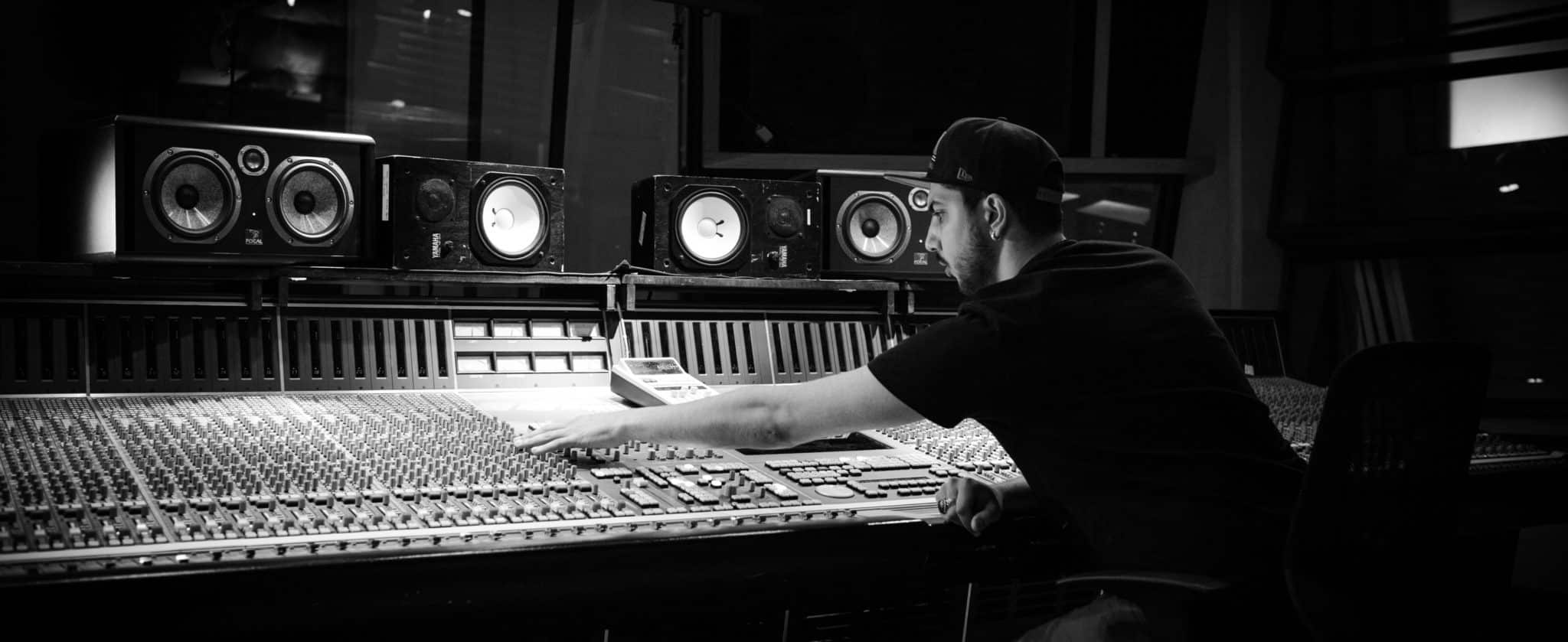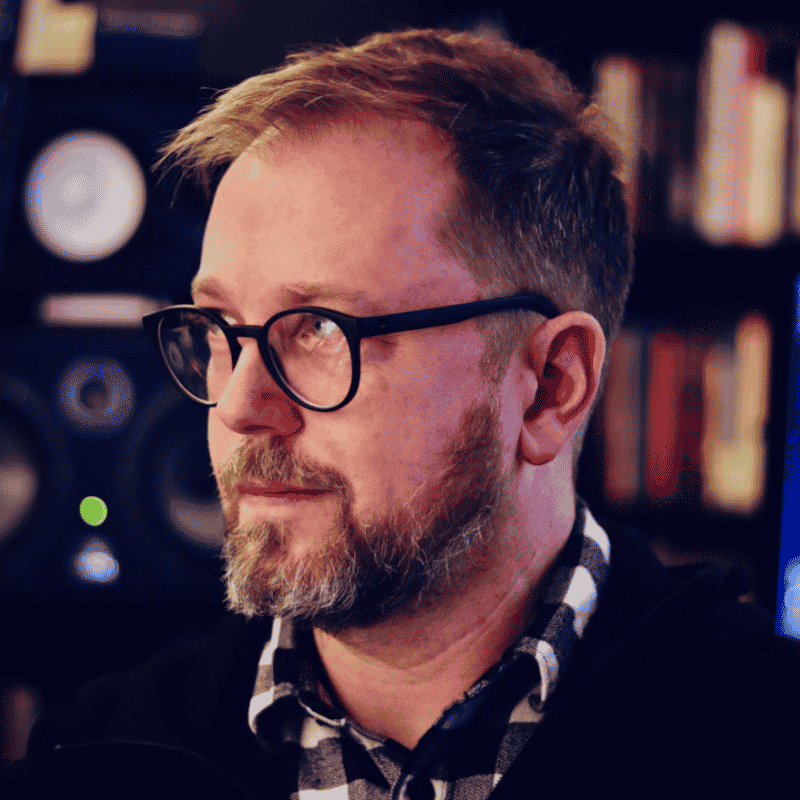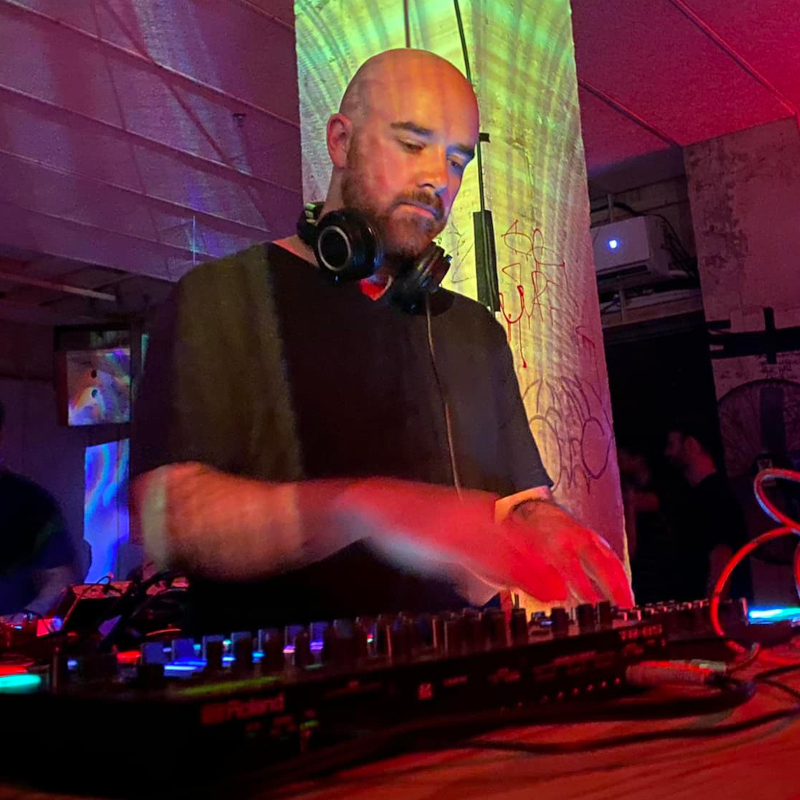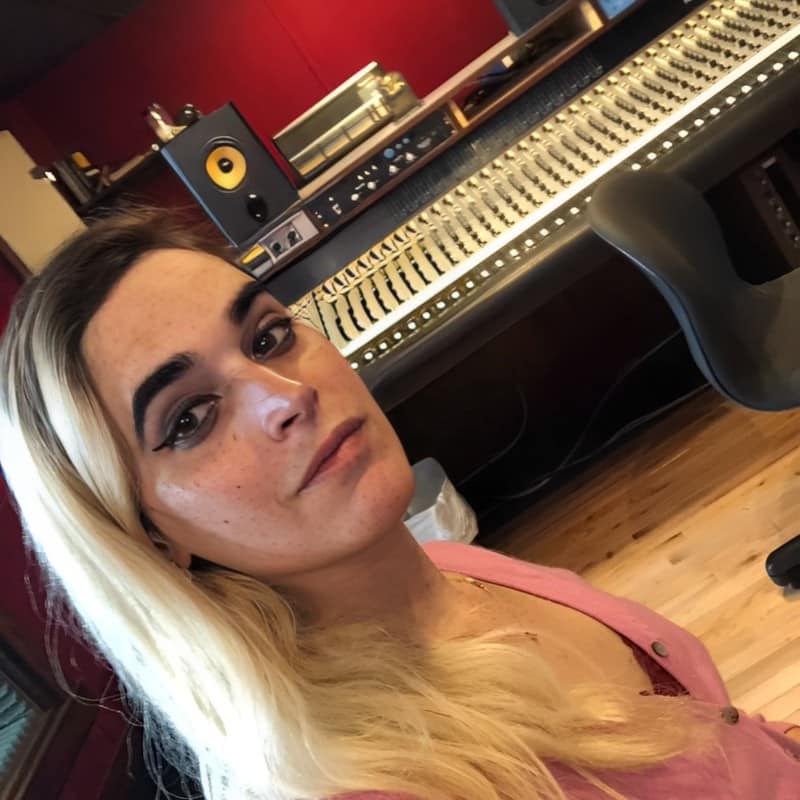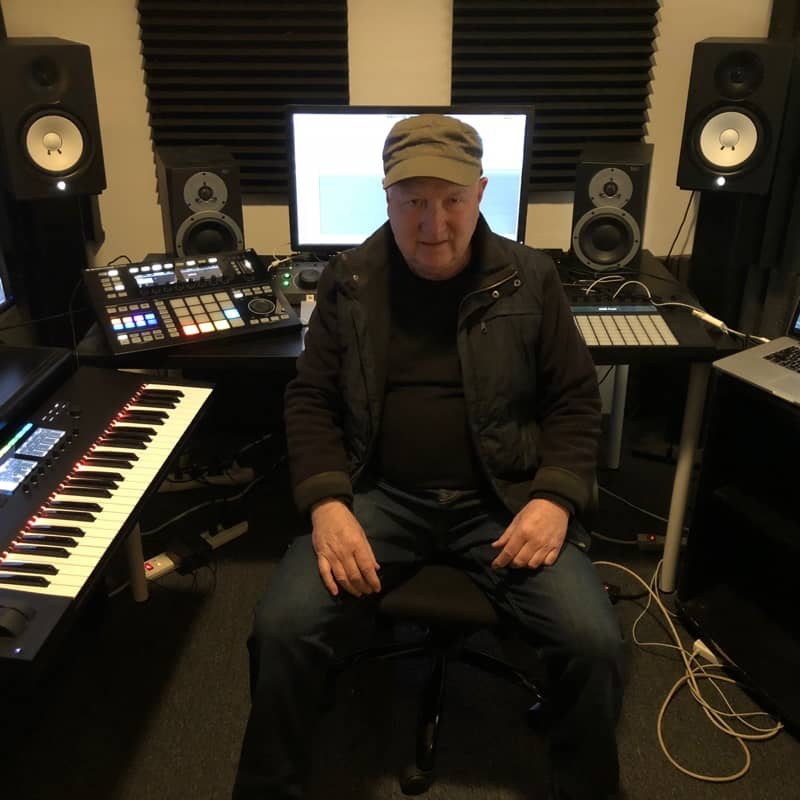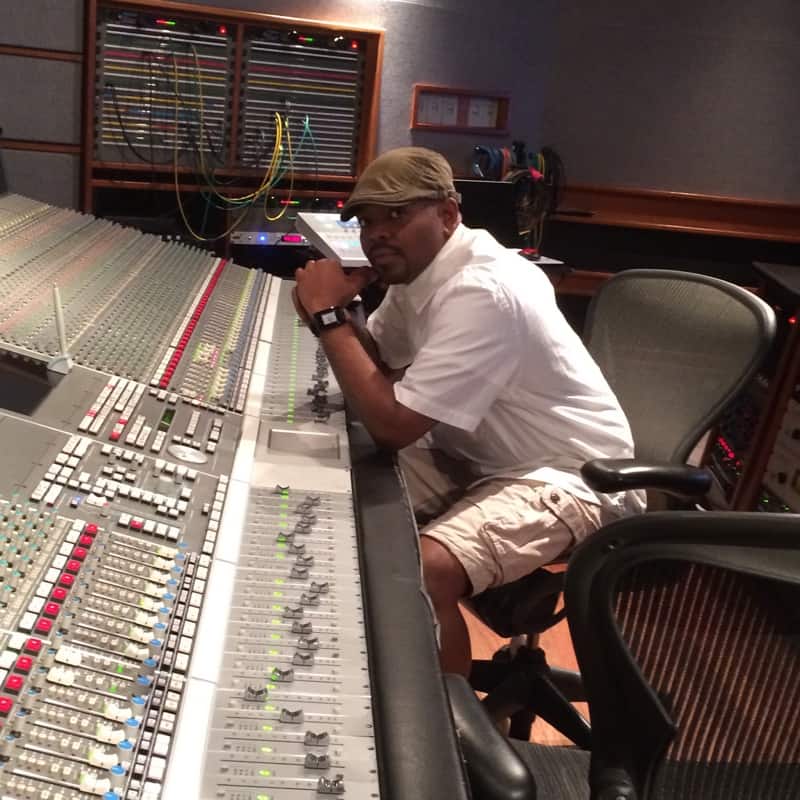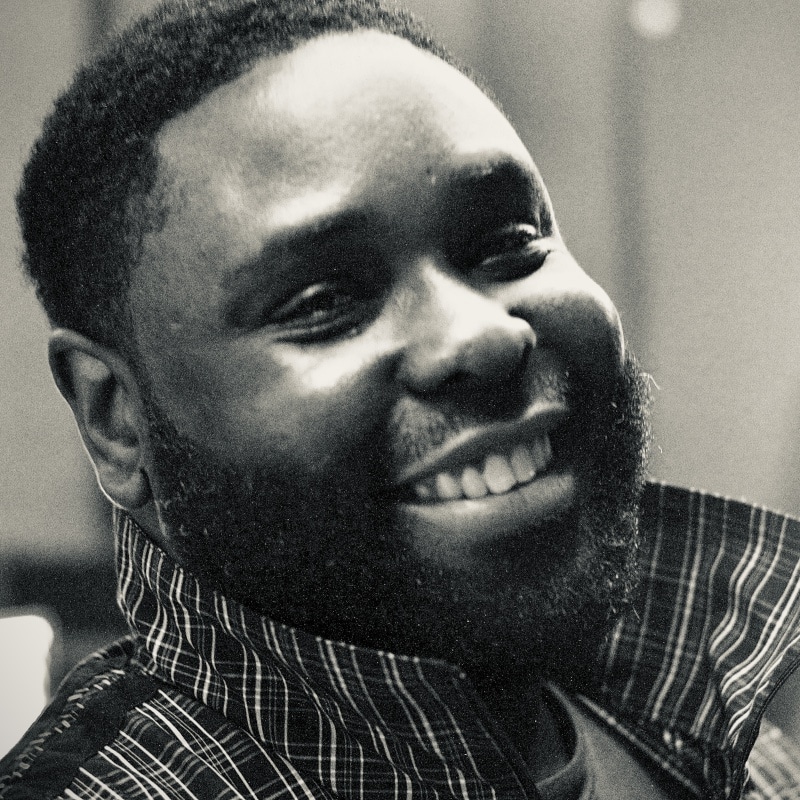Audio Engineering School | New York
Our Audio Engineering School is for learners who want to master the recording side of Sound Engineering in their home studio setup, and get as close to master-quality results with what studio equipment they have available. The entire Audio Engineering School takes place in one of our partner commercial recording studios. Jam-packed with Audio Engineering tips and recording techniques shared with you by the very same engineers who work in the studio daily on big projects. The last three days are actual sound engineering sessions, with a view to get the master drums down with guides for everything else in session one, the next day, overdubs covering all of the other instruments plus instruments not in the band but in our course, followed by vocals and finishing up on your final day of recording.
Mixing Board
- Mic Amps & EQ
- Signal Path
- Routing
- Console Modes
- Sends and Returns
- Digital and Analogue – getting the most out of the digital domain and why we sometimes use tape
How To Use Microphones
- Different Mic Designs – what to use on what and why!
- Using The Right Polar Patterns
- Mic Placement
- Stereo Miking
- Phasing
- Orchestral Techniques
- Prepairing For Your Session
- ‘Make a Mic’ Workshop
Audio Engineering Class
- Setting Up Foldback Tips
- Kit Positioning
- Gates in the Record Process
- EQing Drums to ‘Tape’
- Which Mics to Compress to ‘Tape’ and Why
- Producer Hat – What to Record First
Overdubs
- Acoustic, Electric and Bass Guitar
- Acoustic and Electric Piano
- Synths – It’s not just about plugging them in and recording flat!
- Percussion
Vocal Recording & Production
- EQ and Dynamics to ‘Tape’
- Tracking Tips
- Background Vocal Shortcuts and Editing
- Melodyne and Autotune
- Vocal Arranging
- Pre-Production Processing
- Preparing for the Mix and what the Mix Engineer Expects


